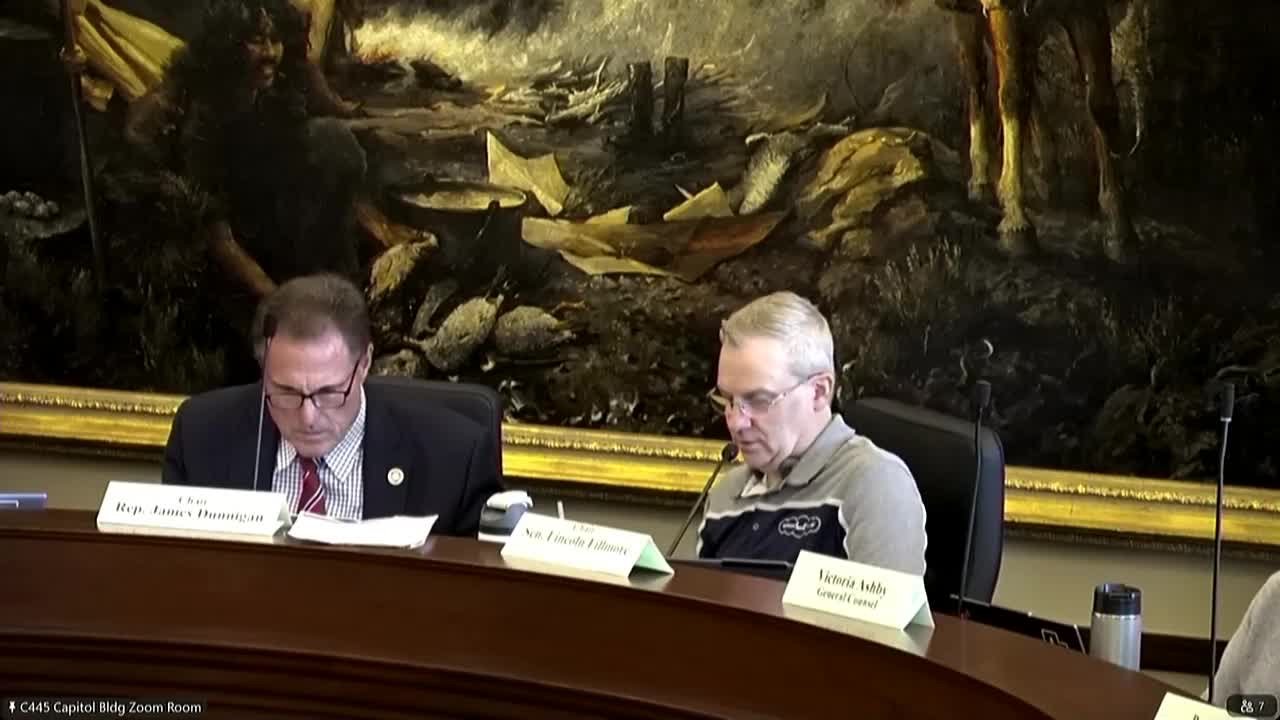Utah lawmakers debate narrowing legislative resolutions for stronger impact
August 22, 2025 | 2025 Utah Legislature, Utah Legislature, Utah Legislative Branch, Utah
Thanks to Excel Chiropractic and Scribe from Workplace AI , all articles about Utah are free for you to enjoy throughout 2025!

This article was created by AI using a video recording of the meeting. It summarizes the key points discussed, but for full details and context, please refer to the video of the full meeting. Link to Full Meeting
Representative Roberts initiated the conversation by emphasizing the need to narrow the definition of resolutions. He noted that excessive resolutions can dilute their significance, leading to a lack of public engagement. The committee members expressed a shared sentiment that resolutions should serve as a strong voice for the legislature on critical issues, rather than being used for less consequential matters.
Senator Fillmore supported this view, highlighting the historical context of resolutions in the legislature. He pointed out that many resolutions are necessary for procedural changes, such as proposing constitutional amendments or changes to state employee benefits. However, he also acknowledged the growing trend of replacing resolutions with citations, which require less legislative time and can still honor individuals or groups effectively.
The discussion revealed a consensus among committee members that many resolutions do not necessitate extensive debate or committee time, particularly those that do not have binding legal force. Representative Moss shared examples of meaningful resolutions that honored specific communities, suggesting that while some resolutions hold value, many could be effectively replaced with citations to save time and resources.
The committee members debated the implications of this shift, considering how to define what constitutes a resolution versus a citation. They recognized that citations could still allow for recognition without the lengthy process associated with resolutions. This change could lead to a more efficient legislative session, allowing lawmakers to focus on substantive issues rather than feel-good resolutions.
As the meeting concluded, there was a clear direction towards refining the legislative process to prioritize impactful resolutions while minimizing those that do not require extensive legislative action. The committee plans to continue discussions on this topic, aiming to establish clearer guidelines for the use of resolutions and citations in future sessions. This initiative reflects a broader effort to enhance the efficiency of the legislative process in Utah, ensuring that lawmakers can dedicate their time to pressing issues that resonate with their constituents.
Converted from Legislative Process Committee - August 22, 2025 meeting on August 22, 2025
Link to Full Meeting
Comments
View full meeting
This article is based on a recent meeting—watch the full video and explore the complete transcript for deeper insights into the discussion.
View full meeting

